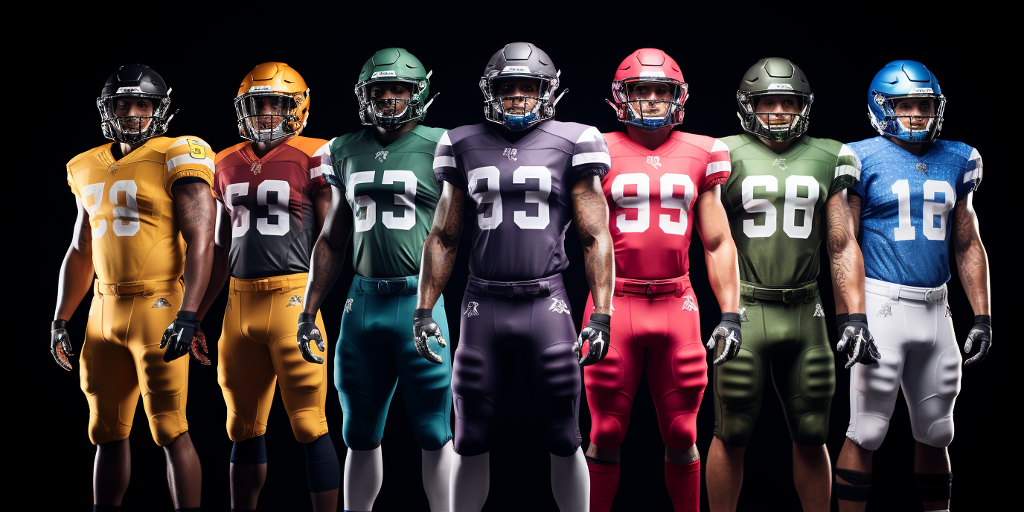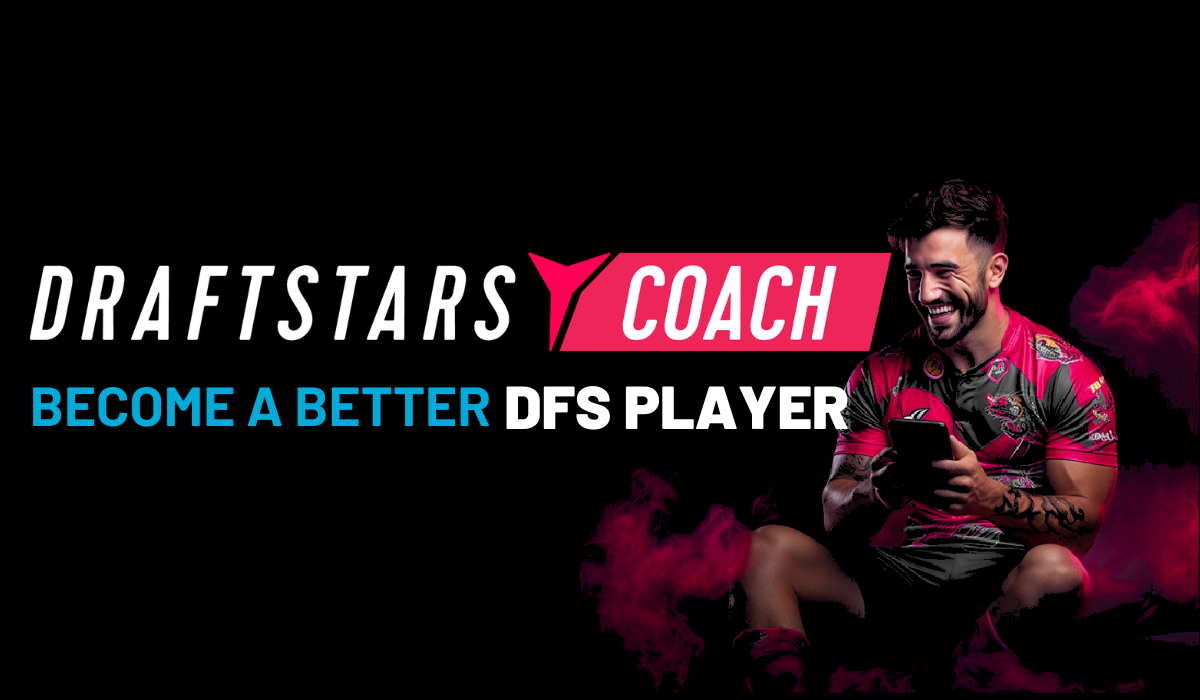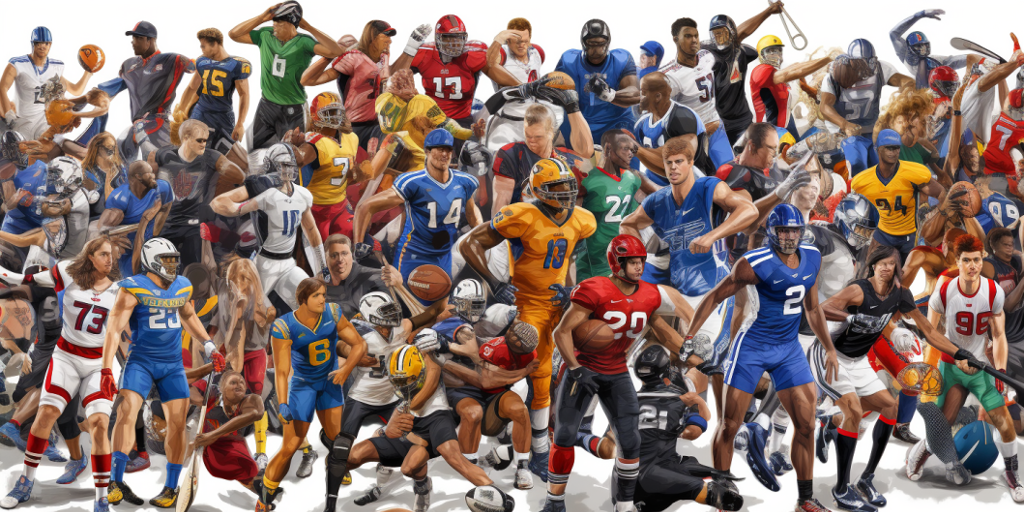Daily Fantasy Sports (DFS) has taken the world by storm, with millions of players trying their hand at winning big prizes through various DFS platforms. In Australia, the biggest and best of those is Draftstars where hundreds of thousands of dollars is won every single week!
However, as the industry grows, so do the number of terms used by players to describe different strategies, concepts, and game modes. In this article, we will explore some of the DFS terms and provide clear definitions to help players improve their understanding of the game.
CHALK
Chalk refers to the most popular and highly-owned players in a DFS contest. These are players who are expected to perform well and are often selected by many players. Chalk can be useful to follow, as highly-owned players who perform well can lead to significant gains, but it can also be risky to rely too heavily on chalk, as it can lead to crowded lineups and reduced chances of winning big.
CONTRARIAN
Contrarian is the opposite of chalk. It refers to players who are less popular and less likely to be owned by many players. Contrarian strategies involve selecting players who are not expected to perform well but who may have a better chance of outperforming their expectations. Contrarian strategies can be risky but can also pay off big if the selected players perform well.
FADE
Fading a player refers to choosing not to select that player for your DFS lineup. This strategy is often used for highly-owned players who are expected to perform well but may not be the best choice for your lineup. Fading a player can be a way to differentiate your lineup and increase your chances of winning.
VALUE/SLEEPER
Value refers to a player who is priced lower than their expected performance level. Value players are often overlooked by other DFS players and can be a great way to differentiate your lineup while still having the potential for high scoring. Value players can be a key component of a winning lineup, especially in larger contests where ownership is more heavily concentrated. Sometimes referred to as a “Sleeper”.
FLOOR
A term to describe the estimated lowest points (minimum) score that a player might attain in a contest. A higher floor would indicate a lower risk for that player and they may be good selections for Cash Games.
CEILING
The opposite of Floor. The ceiling is the estimated highest points (maximum) score that a player might attain in a contest. Players with high ceilings are good for GPPs.
GPP
GPP stands for Guaranteed Prize Pool and refers to DFS contests that have a set prize pool that is guaranteed to be paid out, regardless of the number of players who participate. GPPs are often high-risk, high-reward contests, with large payouts for the top performers. GPPs can be a great way to win big but require a different strategy than smaller contests.
CASH GAMES
A type of DFS contest where a player's lineup must outscore half of the other entrants in order to win a cash prize. On Draftstars, this might be 6-player or head-to-head contests.
OVERLAY
Overlay refers to a situation in which the total entry fees collected for a DFS contest are less than the guaranteed prize pool. This means that the contest is offering more money than it is receiving in entry fees, and the players who participate have a better chance of winning a prize. Overlay is a rare occurrence but can be a great opportunity for savvy DFS players.
SALARY CAP
The maximum amount of money a player can spend on their lineup. Salary caps and pricing of players can vary from contest to contest.
OWNERSHIP
Refers to the percentage of people in the lobby who own a player in a contest. You always want to try and be unique in a GPP with players with low ownership.
EXPOSURE
This refers to how much you have invested in a particular player. If you compare your own exposure of the player to the field’s ownership, you’ll have a good idea of which players are going to be most beneficial to you.
STACKING
The strategy of selecting multiple players from the same team in order to take advantage of their potential to correlate and score points together.
GTO
An abbreviation for "Game Theory Optimal," which refers to the strategy of making decisions based on mathematical models rather than instinct or emotions.
SHARK
An experienced or professional DFS player who is likely to be a profitable DFS player. Hopefully with the help of our articles, you’ll grow from a fish into a shark in no time!
By understanding these terms and their definitions, DFS players can improve their chances of success and fully immerse themselves in the exciting world of daily fantasy sports.
Whether you're a seasoned pro or a new player, knowing the language of DFS is essential for improving your DFS game and building winning lineups!
For more DFS tips and tricks articles head to Daily Fantasy Rankings
Original Source: https://www.dailyfantasyrankings.com.au/article/understanding-common-dfs-terms







